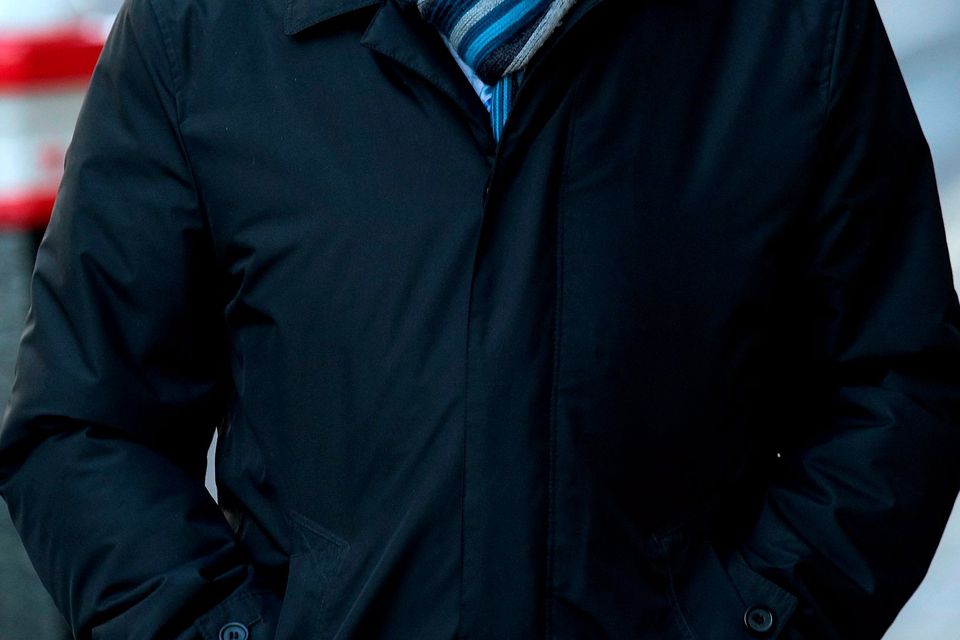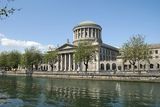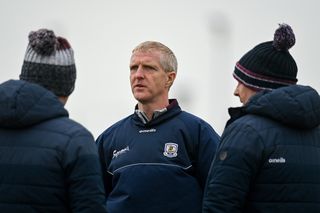Six IRA suspects face probe by police
John Downey was acquitted of involvement in the Hyde Park bomb
Six IRA suspects thought to be behind some of the worst atrocities committed in Britain are facing major new police investigations.
The alleged terrorists had all been told that they would not face arrest because they had received so-called "comfort letters" under a controversial peace deal drawn up by former British prime minister Tony Blair.
The existence of the letters only emerged last year following the collapse of the trial of John Downey, who was charged with murdering four soldiers in the Hyde Park bombing.
But a leaked police document shows that detectives now believe these "comfort letters" do not protect suspects from prosecution.
The document discloses that police in the North have identified six individuals suspected of carrying out terrorist attacks, which are believed to have taken place both in the North and in England.
It raises the possibility that high profile criminal trials over some of the bloodiest and most notorious attacks in the history of the Troubles could follow.
It is understood that "comfort letters" were given to suspects in the Harrods car bomb in 1983, which killed six and injured 90, and the Remembrance Day bombing in Enniskillen in 1987. Other atrocities under investigation could include the Regent's Park bombing, in which seven military bandsmen were killed, on the same day as the Hyde Park bombing in 1982, and the 1984 Brighton bomb, which targeted the hotel where Margaret Thatcher was staying, killing five people.
The development comes on the eve of a major new report following a year-long inquiry into the "comfort letters" scheme. Mr Blair reached a deal with Sinn Féin leader Gerry Adams 15 years ago, under which 200 fugitives were sent letters giving them assurances that they would not face arrest if they returned to the UK.
Join the Irish Independent WhatsApp channel
Stay up to date with all the latest news















